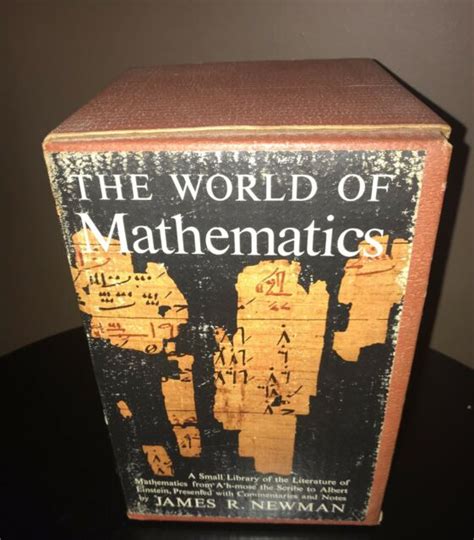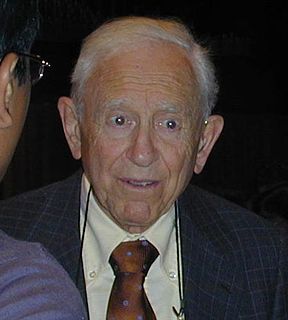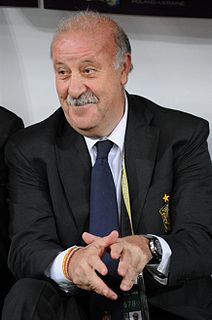A Quote by Paul Krugman
The economics profession went astray because economists, as a group, mistook beauty, clad in impressive-looking mathematics, for truth.
Quote Topics
Related Quotes
Mathematical economics is old enough to be respectable, but not all economists respect it. It has powerful supporters and impressive testimonials, yet many capable economists deny that mathematics, except as a shorthand or expository device, can be applied to economic reasoning. There have even been rumors that mathematics is used in economics (and in other social sciences) either for the deliberate purpose of mystification or to confer dignity upon common places as French was once used in diplomatic communications.
It is almost as hard to define mathematics as it is to define economics, and one is tempted to fall back on the famous old definition attributed to Jacob Viner, "Economics is what economists do," and say that mathematics is what mathematicians do. A large part of mathematics deals with the formal relations of quantities or numbers.
Since the global financial crisis and recession of 2007-2009, criticism of the economics profession has intensified. The failure of all but a few professional economists to forecast the episode - the aftereffects of which still linger - has led many to question whether the economics profession contributes anything significant to society.
[Mathematics] is security. Certainty. Truth. Beauty. Insight. Structure. Architecture. I see mathematics, the part of human knowledge that I call mathematics, as one thing - one great, glorious thing. Whether it is differential topology, or functional analysis, or homological algebra, it is all one thing. ... They are intimately interconnected, they are all facets of the same thing. That interconnection, that architecture, is secure truth and is beauty. That's what mathematics is to me.
Modern economics is sick. Economics has increasingly become an intellectual game played for its own sake and not for its practical consequences for understanding the economic world. Economists have converted the subject into a sort of social mathematics in which analytical rigour is everything and practical relevance is nothing.
I think that it's more important for an economist to be wise and sophisticated in scientific method than it is for a physicist because with controlled laboratory experiments possible, they practically guide you; you couldn't go astray. Whereas in economics, by dogma and misunderstanding, you can go very sadly astray.
All rights are individual. We do not get our rights because we belong to a group. Whether it's homosexuals, women, minorities, it leads us astray. You don't get your rights belonging to your group. A group can't force themselves on anybody else. So there should be no affirmative action for any group.
How should the best parts of psychology and economics interrelate in an enlightened economist's mind?... I think that these behavioral economics...or economists are probably the ones that are bending them in the correct direction. I don't think it's going to be that hard to bend economics a little to accommodate what's right in psychology.



































